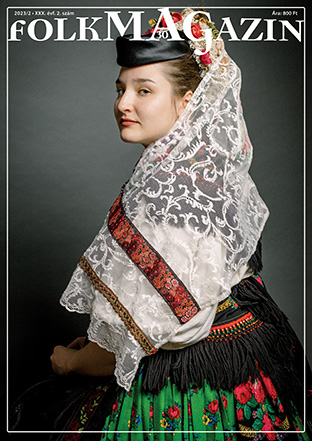Articles by Initial Letters
Szocialista közművelődés és társadalmi gyakorlat a Kádár-korszakban
A Kassák Klub példája az 1970-es években
- Issue: 2023/2
- Starting page: 18
- Serie: „MEG KELL A BÚZÁNAK ÉRNI” – 2012
- Author: Timár Sára
- =>
Timár Sára examines practices of public cultural organization under Hungary’s Kádár government during the 1970s using the example of the Kassák Klub – a community center in Budapest’s 14th district. More specificially she deals with questions of the dance house movement within the sphere of Hungary’s 1970s system of ’houses of culture’. The Kassák Klub was an important venue in dancehouse history as the site of the iconic Sebő Club held there starting in 1973. The Kassák Klub sponsored other kinds of cultural events as well during the period, including theatre and music groups. Sooner or later some of these events/groups/clubs came under suspicion and surveillance for being too avant garde for the period or in the case of the dance houses held there – for showing signs of nationionalism. This study was presented at a conference in 2012 celebrating the 40th anniversary of the first dance house held in Budapest. It was then then published in Budapest by the European Folkore Institute in the conference publication edited by Halmos Béla, Hoppál Mihály, Halák Emese.





